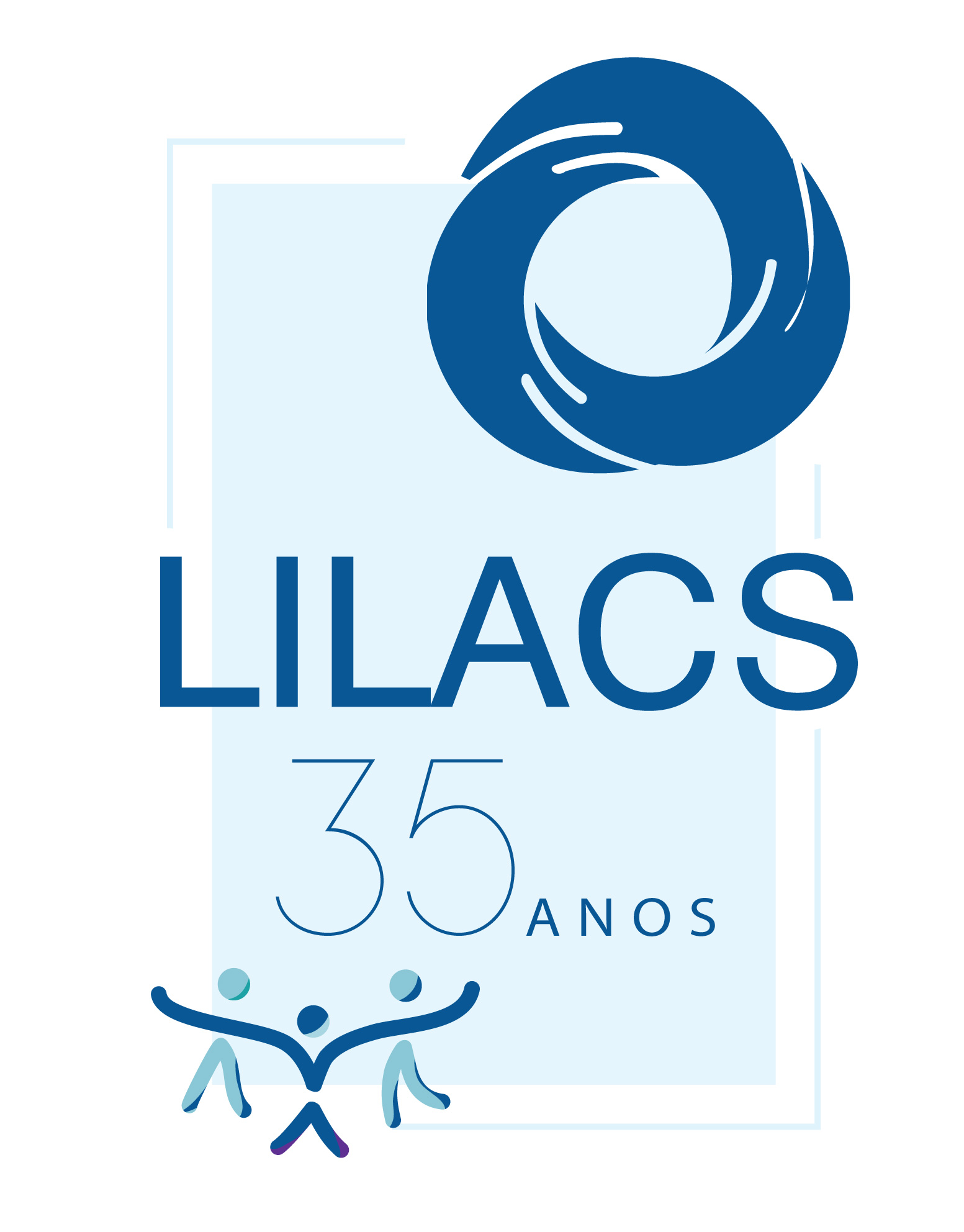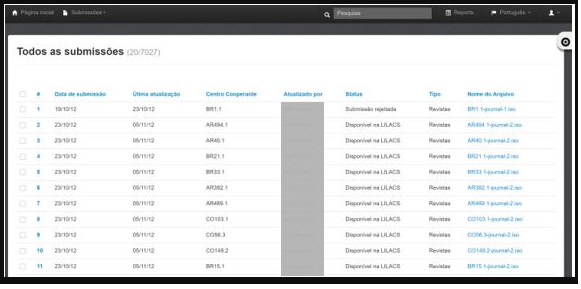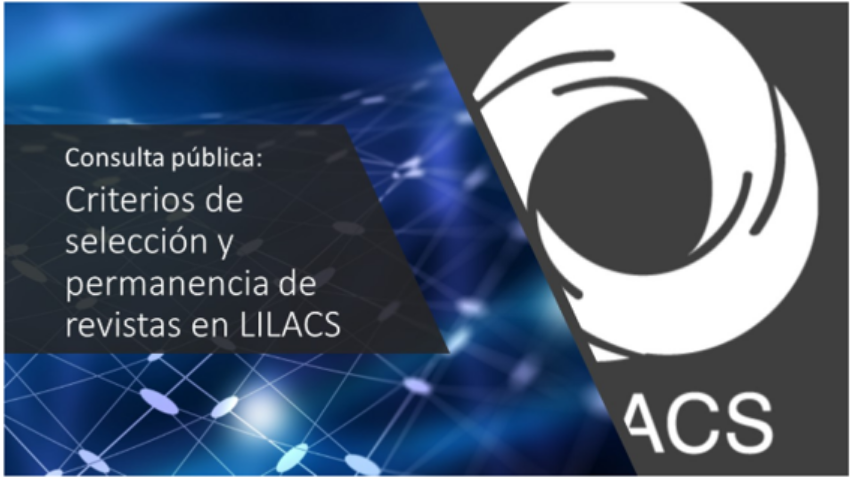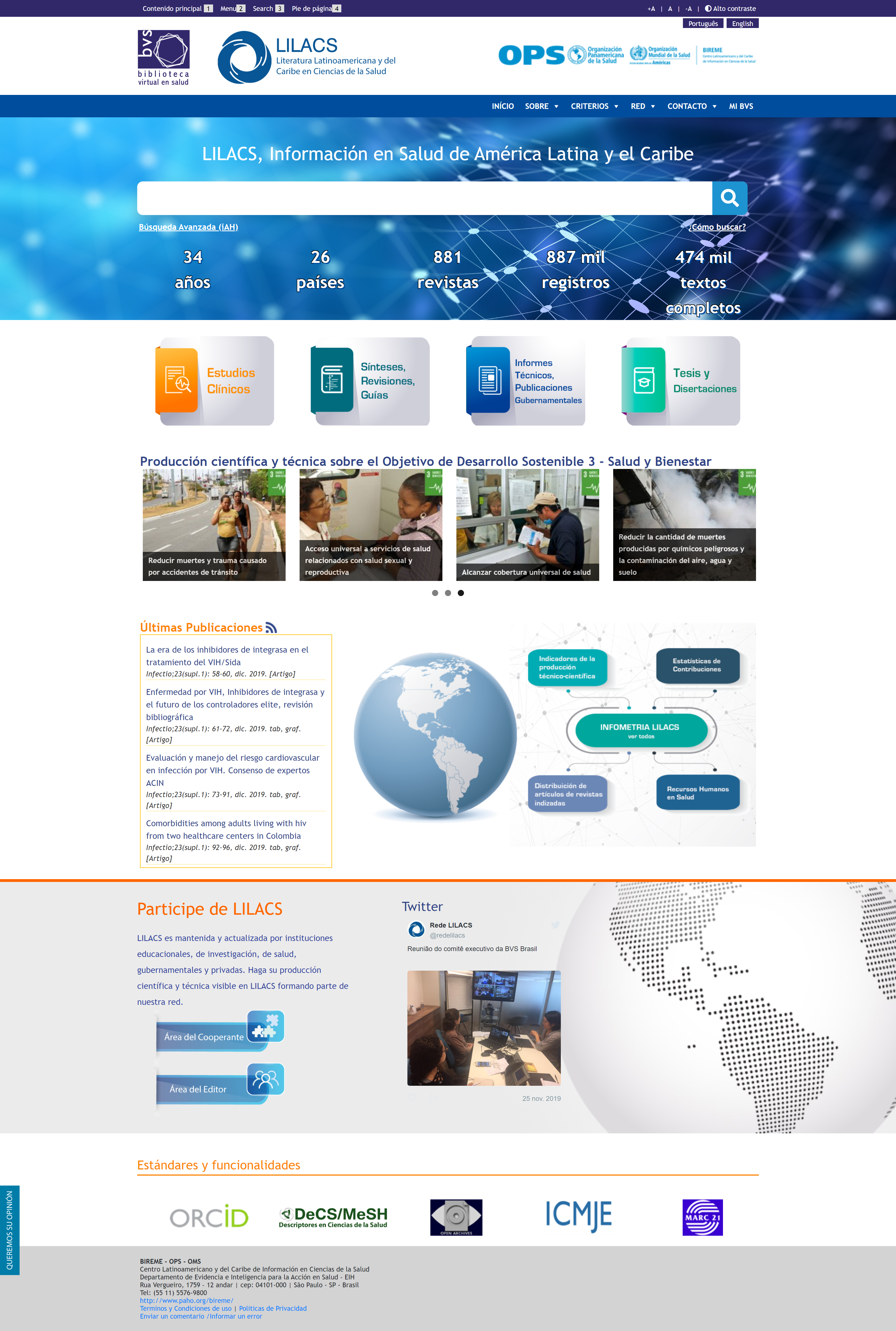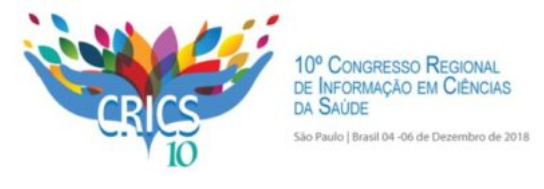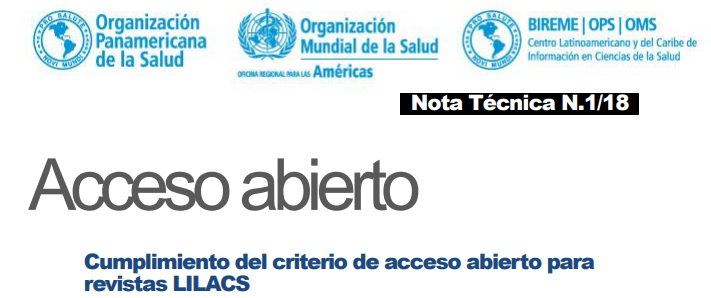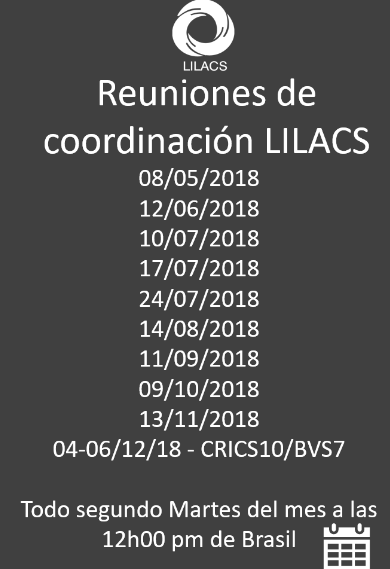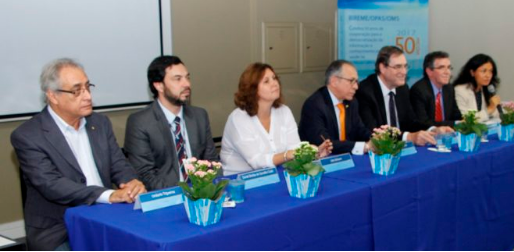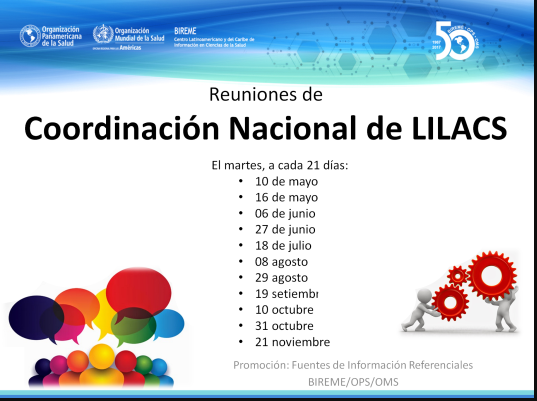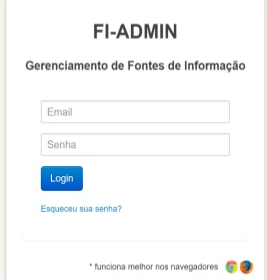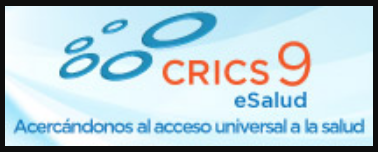LILACS 35 anos
2020
LILACS 35 years
The LILACS database turns 35 with the slogan “Solidarity is about sharing”, which portrays the current pandemic moment of COVID-19 and the joint effort of BIREME together with the LILACS Network to offer scientific and technical literature to respond public health problems in Latin America and the Caribbean. 35 working..Read More
Closure of LILACS Submission system
Closure of the LILACS Submission system from September 30, 2020 due to inactivity in the contribution to LILACS in this system since March 2020. From now the only system to contribute to LILACS database is FI-Admin. With the closure of this system the history of the CDS/ISIS language and LILDBI-Web..Read More
Migration of BDENF, LIPECS, SES-SP databases to FI-Admin system
The LILACS Methodology is used to create national, thematic and institutional databases. In 2020, the BDENF (Nursing Database), LIPECS (Peruvian Literature in Science of Salud), SES-SP (São Paulo State Secretariat of Health) databases migrated from the LILDBI-Web system to the FI-Admin. The databases can be accessed on the search interface..Read More
2019
Launch of a new portal to celebrate the 34 years of LILACS
A new information architecture and graphic design was developed to highlight the principles of LILACS, such as: collaborative work, development of local capacities, emphasis on public health priorities themes, latest publications registered, news and innovations carried out by BIREME based on the LILACS methodology; in addition, accessibility tools were implemented..Read More
Migration of ARGMSAL and PAHO-Cuba databases
The LILACS Methodology is used to create national databases, thematic and institutions. In 2019, the ARGMSAL databases (Argentina. Ministry of Health and Social Development of the Nation), OPS-Cuba (Organización Panamericana de la Salud – CUBA) were migrated from the LILDBI-Web system to the FI-Admin system. Link to research to ARGMSAL:..Read More
Best Practices in the Editorial Process of Scientific Journals for LILACS started on March 20th, 2019
The virtual sessions on “Best Practices in the Editorial Process of Scientific Journals for LILACS” started on March 20, 2019 and featured nine themes aimed at editors of scientific journals and their teams. Know more: Documentation page: http://red.bvsalud.org/lilacs/es/sesiones-buenas-practicas-edicion-revistas-cientificas-lilacs-2019/ (in Spanish) News published in the BIREME/PAHO/WHO Bulletin: https://boletin.bireme.org/en/2020/02/29/best-practices-in-the-editorial-processes-for-lilacs-journals/
2018
Creation of the Indexers Network according to the LILACS Methodology
Group of experts in indexing documents in the health field that applies the LILACS methodology to the physical and thematic description of scientific, technical and factual production recorded in bibliographic databases, internet resources, events, multimedia, educational resources and health legislation . Network page: https://lilacs.bvsalud.org/rede-lilacs/rede-de-indexadores-de-documentos-segundo-metodologia-lilacs/ (under construction)
Creation of the Indexers Network according to the LILACS Methodology
Group of experts in indexing documents in the health area that applies the LILACS methodology to the physical and thematic description of scientific, technical and factual output recorded in bibliographic databases, internet resources, events, multimedia, educational resources and health legislation. Network page: https://LILACS.bvsalud.org/rede-LILACS/rede-de-indexadores-de-documentos-segundo-metodologia-LILACS/ (under construction)
Publication of technical note 01/18 – Open access: compliance with the open access criteria for journals indexed in LILACS
According to the Criteria for selection and permanence of LILACS journals (2008) and the Recommendation on open access and online content in LILACS (2012), all journals indexed in LILACS must provide access to the comprehensive content of the articles in open access http://docs.bvsalud.org/biblioref/2018/03/880068/nota_tecnica_es_acceso_abierto.pdf
2017
Inauguration of BIREME’s new premises
The Latin American and Caribbean Center on Health Science Information (BIREME) has inaugurated its new facilities on February 1, 2017, in a ceremony held by the Director, Dr. Diego González Machín, the Assistant Director of PAHO/WHO and Interim Director of Knowledge Management, Bioethics and Research, KBR), Dr. Francisco Becerra, representing..Read More
Training activity on document indexing and coordination meetings
In order to expand and strengthen the bibliographic control of the literature of Latin America and the Caribbean, develop local capacities and enhance networking in the VHL, BIREME promoted virtual meetings for the LILACS database cooperation network dedicated to two different themes, coordination and indexing
BBO database migration for FI-Admin
2016
Change of BIREME’s premises
From March 31, 2016, the Latin American and Caribbean Center on Health Sciences Information (BIREME/PAHO/WHO) will be temporarily located at Rua Vergueiro 1.759, 7º floor, Paraíso, 04101-000, São Paulo , SP, Brazil
Migration from LILACS to FI-Admin
LILACS is the first bibliographic database migrated to FI-Admin. Subsequently, BIREME will begin the migration of other databases of the VHL Network, in coordinated action with the manager of each database
2012
Publication of the recommendation on Open Access in LILACS
We inform the editors of the journals indexed in LILACS that as of January 1, 2013, all journals in this database, published from that date on, must include the full text of the comprehensive content of the journal in electronic format in open access. Recommendation for open access and online..Read More
